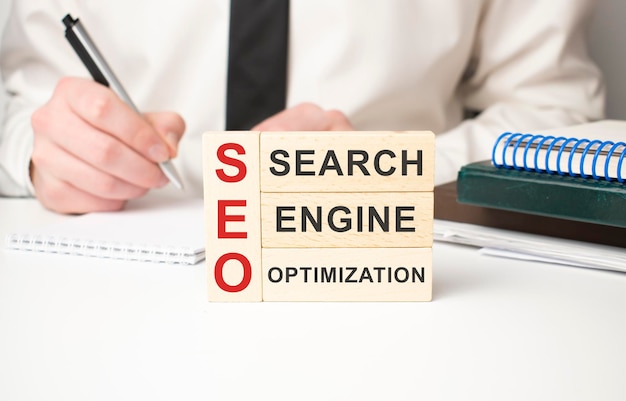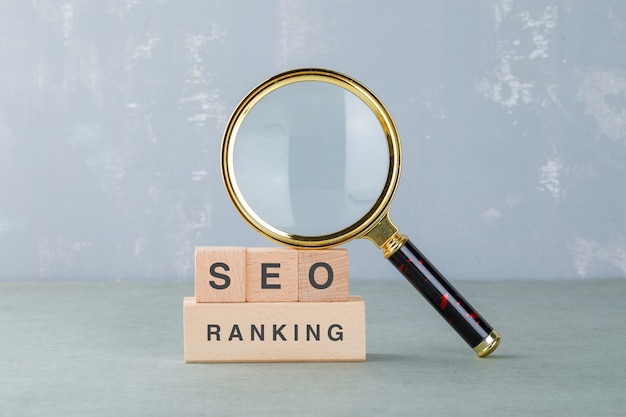
LLC vs. Sole Proprietorship in the USA: Which One Should You Choose?
LLC vs. Sole Proprietorship in the USA: Which One Should You Choose?
Niche: Business / Legal
Updated for 2025
Table of Contents
-
Introduction: Why Business Structure Matters
-
What Is a Sole Proprietorship?
-
What Is an LLC (Limited Liability Company)?
-
LLC vs. Sole Proprietorship: Key Differences
-
Legal Protection: How Each Structure Shields You
-
Taxation: What the IRS Sees (and Taxes)
-
Business Credibility & Funding
-
Cost to Start and Maintain
-
When to Choose a Sole Proprietorship
-
When to Form an LLC
-
How to Convert Sole Proprietorship to LLC
-
Real-Life Scenarios & Examples
-
Final Thoughts: Choosing What Fits You
1. Introduction: Why Business Structure Matters
When starting a business in the USA, one of your first major decisions is how to structure it legally. It might not seem exciting — especially when your mind is buzzing with product ideas, logos, and websites — but the business structure you choose affects everything:
-
Taxes
-
Legal liability
-
Funding opportunities
-
Long-term growth
Two of the most common choices for small business owners and freelancers are:
✅ Sole Proprietorship
✅ LLC (Limited Liability Company)
But which one is right for you?
Let’s break it down in plain English, so you can confidently choose the one that matches your goals, income, risk tolerance, and future plans.
2. What Is a Sole Proprietorship?
A Sole Proprietorship is the simplest and most common type of business structure in the United States. It’s essentially a one-person business that isn’t registered as a corporation or LLC.
📌 If you start selling something — whether it’s digital art, handmade candles, or consulting services — and don’t formally register your business, you’re automatically a sole proprietor.
🔑 Key Features:
-
Owned and operated by one person
-
No legal separation between you and your business
-
All profits and losses are filed under your personal taxes
-
Minimal paperwork and cost to start
📍 Example:
Let’s say you’re a freelance graphic designer. You start getting paid for your work via PayPal. You haven’t registered your business name or filed with your state — congrats, you’re a sole proprietor by default.
3. What Is an LLC (Limited Liability Company)?
An LLC is a legal entity that separates your personal and business affairs. It offers liability protection, tax flexibility, and a more professional business image.
📌 Forming an LLC means your business exists as its own entity, separate from you personally.
🔑 Key Features:
-
Personal asset protection (your home, car, bank accounts)
-
Can have one owner (single-member) or multiple owners
-
You can elect how you want to be taxed (as sole proprietor, S corp, etc.)
-
More legit in the eyes of banks, partners, and clients
📍 Example:
Imagine your graphic design business grows. You have a steady stream of clients, and you're hiring subcontractors. You form “PixelCraft Design LLC.” Now your contracts, taxes, and liability all fall under the LLC.
4. LLC vs. Sole Proprietorship: Key Differences
| Feature | Sole Proprietorship | LLC |
|---|---|---|
| Legal Entity | Not separate | Separate legal entity |
| Liability Protection | None | Yes, protects personal assets |
| Startup Cost | $0 - $50 | $50 - $500 (varies by state) |
| Taxes | Personal tax return | Choose personal or corporate |
| Paperwork | Minimal | Requires formal filing |
| Business Name | Optional DBA | Registered with the state |
| Credibility | Basic | More professional image |
5. Legal Protection: How Each Structure Shields You
Sole Proprietorship offers zero liability protection. If your business gets sued or goes into debt, your personal assets — like your house or savings — are at risk.
LLC, on the other hand, separates your business from your personal life. If your business faces legal trouble, your personal assets are generally protected.
⚖️ Example: A client sues you for breach of contract.
Sole Proprietor: They can come after your house.
LLC: They can only go after your business assets.
6. Taxation: What the IRS Sees (and Taxes)
Both LLCs and sole proprietorships are considered “pass-through” entities by default, meaning income passes through to your personal tax return.
🧾 Sole Proprietorship Taxes:
-
File Schedule C with your Form 1040
-
Pay self-employment taxes (Social Security + Medicare)
-
No business tax return required
🧾 LLC Taxes:
-
Can be taxed the same as a sole proprietor (by default)
-
Or elect to be taxed as an S Corporation or C Corporation
-
This gives LLCs more flexibility, especially as you grow
💡 Did you know? LLCs can save on self-employment tax by electing S-Corp status once income exceeds a certain threshold.
7. Business Credibility & Funding
Let’s talk image and money.
Sole Proprietorship is fine for side hustles or one-person gigs, but it often lacks professional credibility. You may have trouble:
-
Opening business bank accounts
-
Getting approved for business credit cards
-
Attracting corporate clients
-
Winning investor or partner trust
LLC immediately elevates your status. Clients and institutions see you as more legitimate. You get:
-
Easier access to loans and lines of credit
-
The ability to open a business checking account
-
An official business name and EIN (Employer Identification Number)
8. Cost to Start and Maintain
Starting a sole proprietorship is virtually free. You might just need a local business license or a DBA (Doing Business As) name, depending on your state.
Forming an LLC comes with more paperwork and costs:
| Expense | Sole Proprietorship | LLC (varies by state) |
|---|---|---|
| State Filing Fee | $0–$50 | $50–$500 |
| Annual Report Fee | Usually none | $25–$300 annually |
| Registered Agent Fee | Not required | $50–$150 (if using a service) |
| Operating Agreement | Optional | Strongly recommended |
9. When to Choose a Sole Proprietorship
Sole Proprietorship is great if:
-
You’re just starting out
-
You’re testing a side hustle
-
You’re making less than $30,000/year from the business
-
You want to keep it simple
-
You have little to no liability risk
✅ Examples:
-
Freelancers
-
Tutors
-
Small Etsy sellers
-
Part-time consultants





.jpg)
























